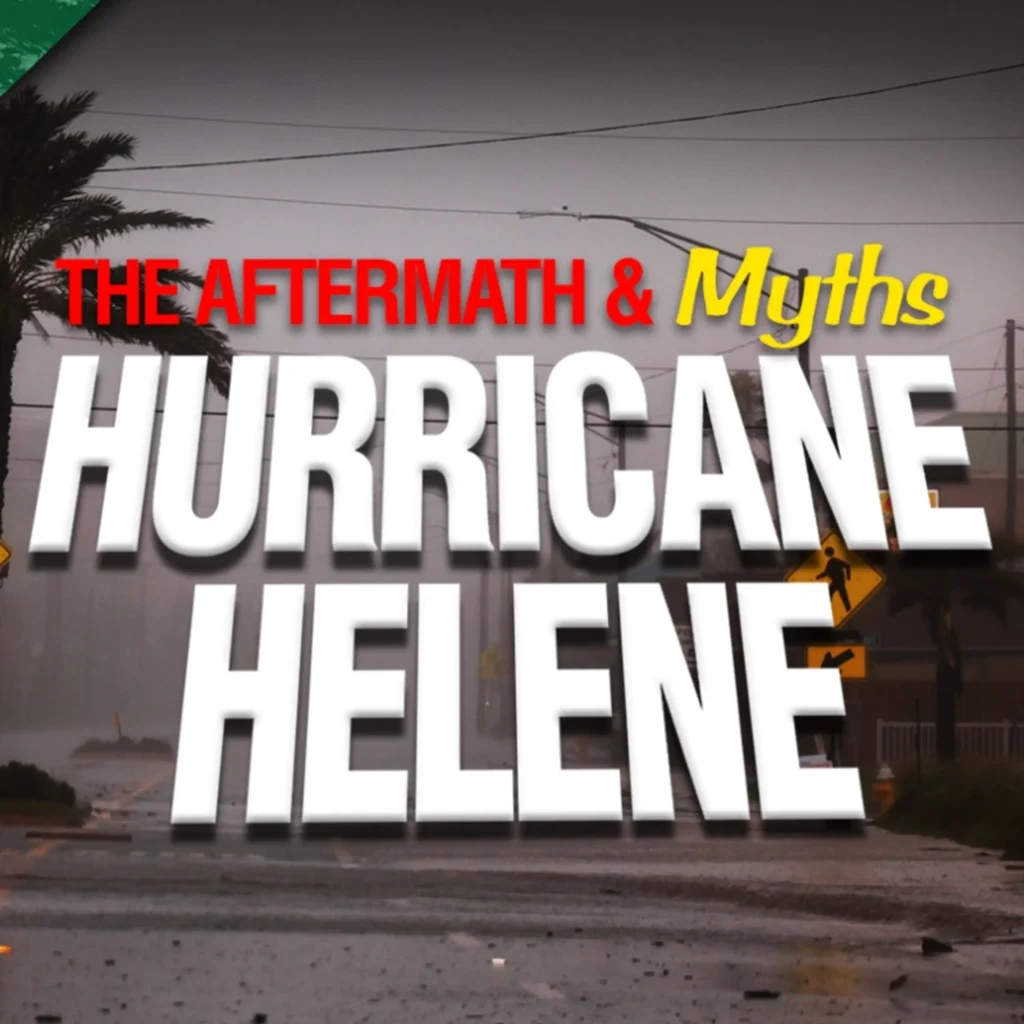Farmers around the world will soon be paying a steep price for global warming legislation, according to the Carbon Sense Coalition (CSC), an international group of citizens and scientists concerned about the economic and social costs of over-the-top global warming legislation.
Penalties Will Dwarf Benefits
CSC Chairman Viv Forbes, an Australian rancher and soil scientist, warns global warming legislation will inevitably include restrictions on emissions from farm animals. The costs imposed on farmers to significantly reduce agricultural carbon emissions or purchase carbon credits for them will dwarf any promised farm income resulting from carbon restrictions, Forbes says.
“Australia and New Zealand lead the world in harvesting solar energy and carbon dioxide to produce an abundance of clean, green food,” observed Forbes. “Why, then, are both the New Zealand and the Australian governments proposing to force farm animals into their emissions trading quagmire? And why are they subsidizing the conversion of farmland producing food into forests producing nothing but carbon credits or crops producing ethanol motor fuel? What are future generations going to eat?”
Bait and Switch Tactics
Forbes fears current efforts to entice farmers to support carbon dioxide restrictions will quickly be replaced by onerous penalties against agriculture once legislation is on the books.
After such “sleight of hand” tactics, Forbes says, farmers will have “so few votes and such incompetent leadership that they will pay the carbon tax” associated with any carbon reduction scheme.
Governments, NGOs Slam Farmers
A December 2006 report from the Livestock, Environment, and Development (LEAD) Initiative, supported by the World Bank, European Union, United States Agency for International Development, and United Nations, claims farmers are doing more damage to the Earth’s climate than all the SUVs in the world combined.
The report, “Livestock’s Long Shadow,” asserts the “livestock sector emerges as one of the top two or three most significant contributors to the most serious environmental problems, at every scale from local to global.”
Once global warming activists have their legal mandates to restrict carbon dioxide, it is only a matter of time before activists target farmers and subject them to the brunt of punishment under any carbon reduction scheme, Forbes said.
James M. Taylor ([email protected]) is a senior fellow of The Heartland Institute and managing editor of Environment & Climate News.




